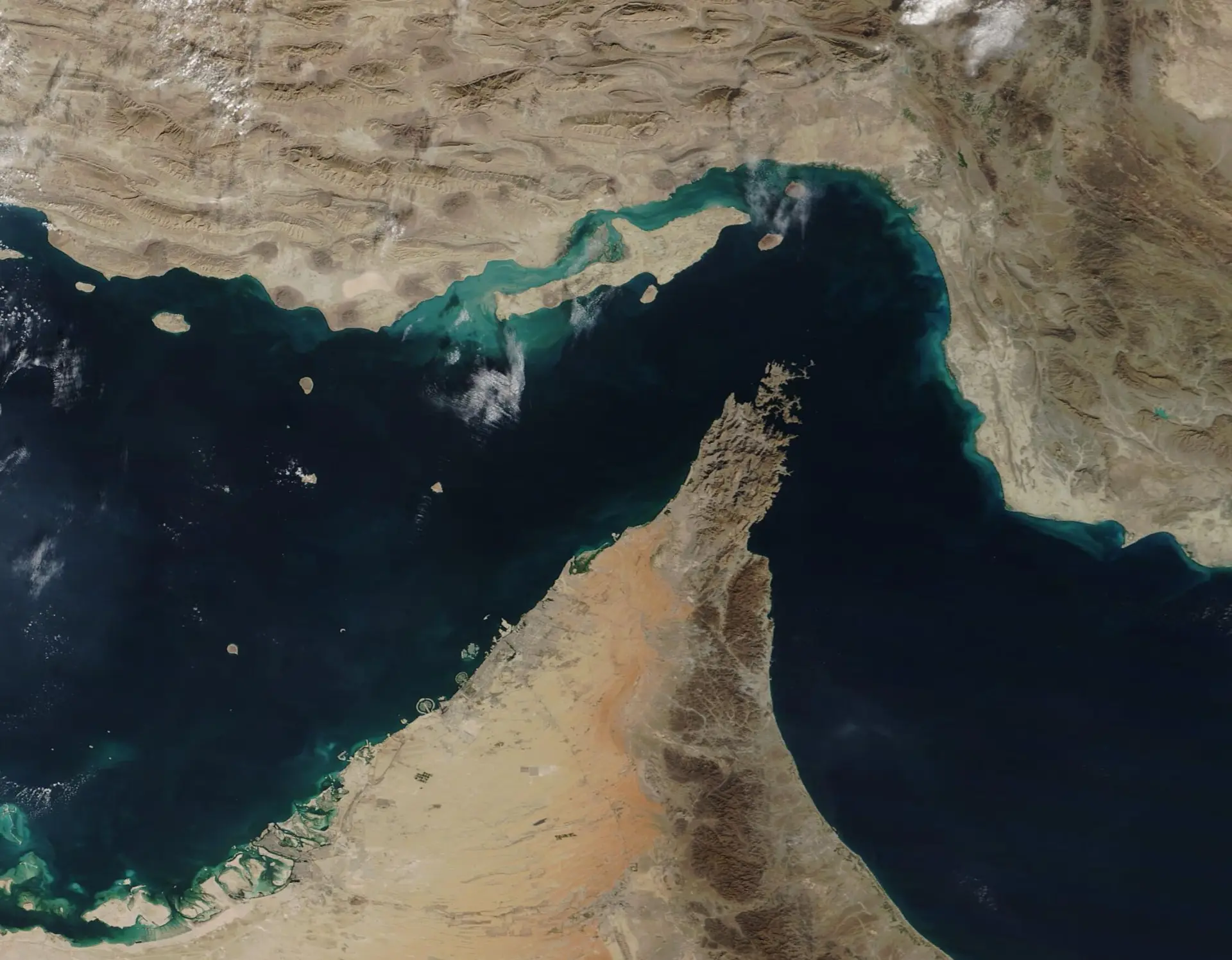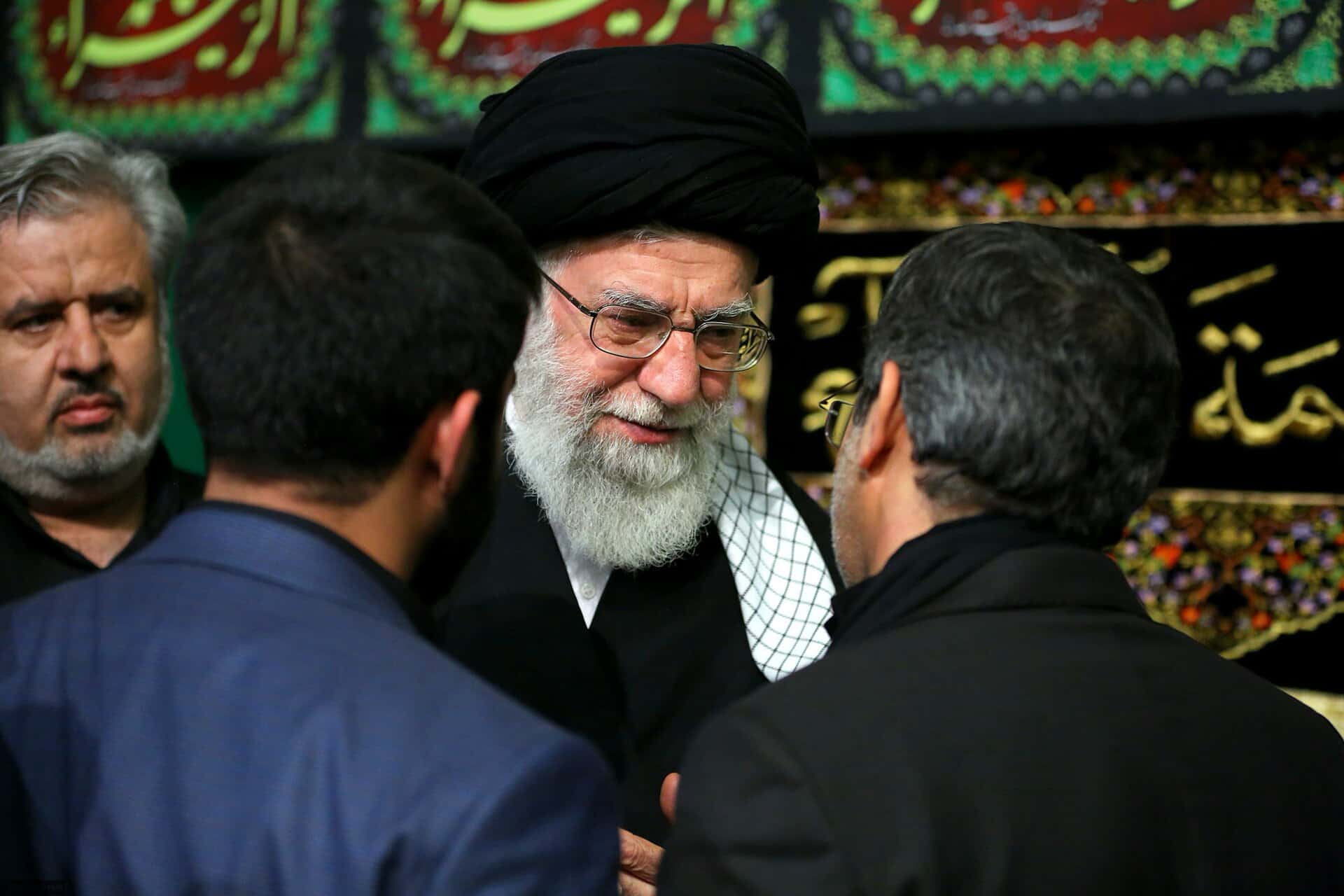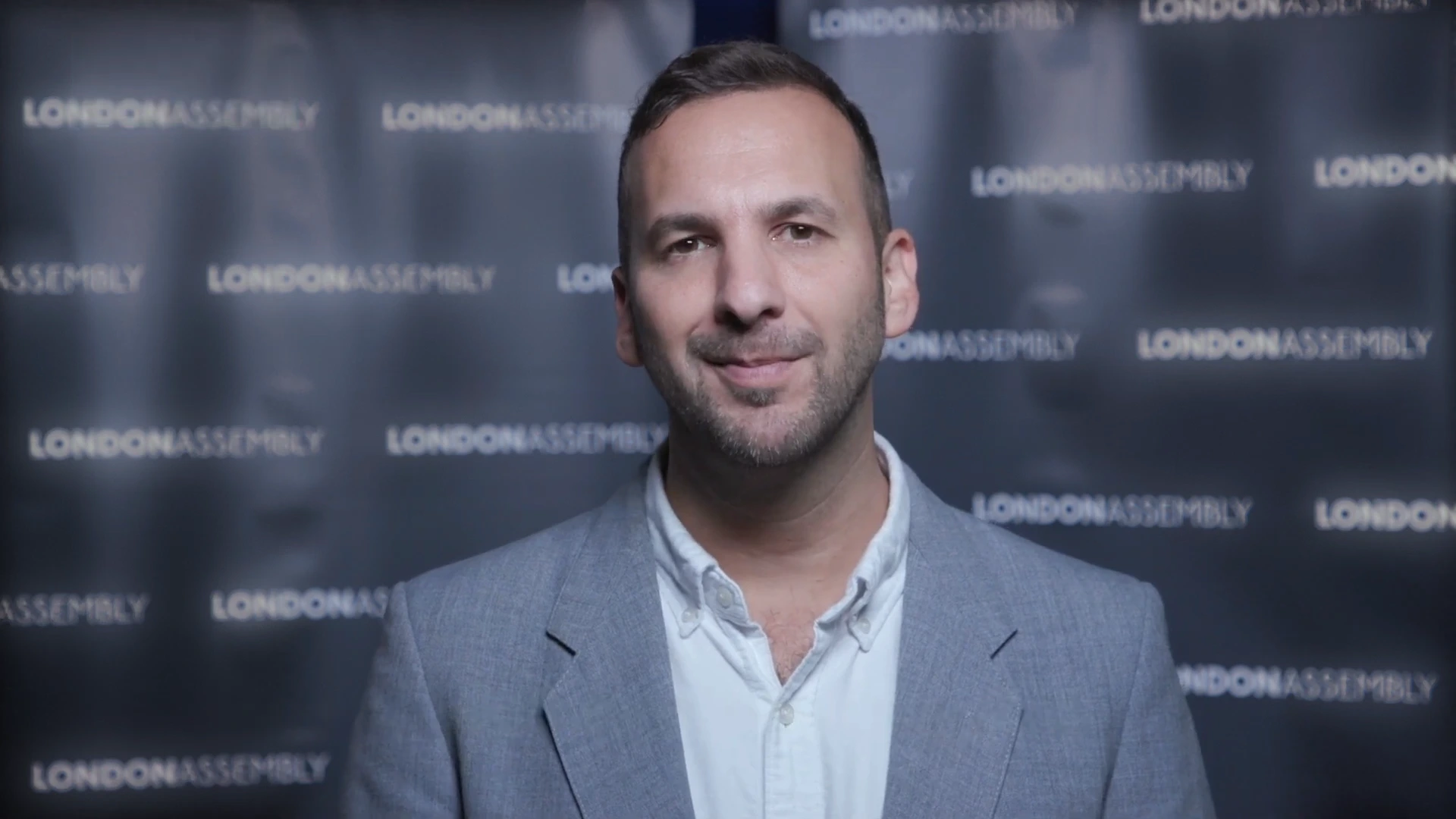"I want UN-aligned to be a place where people can come together without being judged": Interview with Katharina Wüstnienhaus

This interview is part of an ongoing series about our members and how they wish to take charge of UN-aligned and use it as a beacon for hope and change. If you wish to participate in these interviews, please contact us.
Question: Tell us a little about yourself Katha. What is your background? Where do you live? What are some of your hobbies and things you are passionate about?
I am from the westernmost part of Germany, only a bike ride away from the Netherlands. I have recently quitted my job in Berlin because I wanted to travel; unfortunately, this just happened when the Covid-19 pandemic hit us, so I decided to move back home and stay here instead. I enjoy music, being surrounded by nature, travelling and making friends.
My most passionate hobby is learning about Asian language and culture – especially Chinese, which I studied at university, and Japanese.
Question: How did you become interested in UN-aligned?
I got to know Adrian through a friend in Chengdu and that’s how I also met Ariana who was his flatmate at the time. Back then, the two were talking about this project they had in mind and I was fascinated by the idea. When it finally became reality, of course, I wanted to support it – so far I am doing so only as a reader and follower.
Question: You told us that you are very good with staying in touch with friends that you met along your way. What is your secret in keeping in touch with friends/family and why do you think having long-distance friendships is important?
After leaving my hometown area for the first time in 2010 to study in China for one year, I learned that it is very hard to keep friendships alive when you are far away. With some of my friends I only spoke once in the entire year, luckily our friendship was strong enough that after my return it was quickly revived.
I was also trying to keep in touch with all those new friends who became so close to me in such a short time. I think if you are in an entirely new and foreign environment, the bonds and memories you form are much stronger.
After many more years of travel, meeting and parting with people, I can say the only secret I know of is: effort!
You have to show you are interested in keeping up a relationship, even more so in the beginning – the longer you know each other, the easier it is to just occasionally drop a message. Of course, both sides have to be willing to invest their time. If I am the only person writing, after a while, I might also grow tired and give up.
For me, a practical reason to keep in touch with friends is improving my language skills, since it’s my only way to practice. From an emotional viewpoint however, it’s because I value friendship almost like family. By connecting with many people from all over the world I have gained a sense of a world family.
I was able to learn so much and became more trusting towards people who gave me a more positive outlook on the state of the world itself.
Question: There is an old saying “out of sight, out of mind”. What do you think about it?
I think it is very true, but out of mind doesn’t mean out of heart. I didn’t meet some friends from my school days much after I went to the university, even though they lived relatively close by. These are mostly friends who have a strong connection to people from their hometown and the area they grew-up in. For them, people who are nearby count as more important. This does not mean they stopped liking me, but rather, simply because I was not available, I became of less importance to them. If I went to visit these old friends again however, they would always welcome me with open arms.
Question: What part does social media play in your long-distance friendships? Are there any special tools you use to stay in touch with loved ones?
Quite a big part! I created my Facebook account in 2009 while I was in Taiwan for a summer school just to stay in touch with the new friends I met, now I also use Instagram. To stay connected to my friends in China, I use the messenger app WeChat: the app allows you to share pictures, articles or one can just scroll down the timeline of friends who are sharing some news.
Before I used to have pen friends or sent lengthy emails to my friends. I also used Skype a lot to make video calls mainly with my family. At the moment, I have four different messenger apps in my phone because of the different countries my friends live in. The apps take up a lot of space, but it’s so convenient and, often, the only way to stay in touch with certain people, especially those in mainland China where many foreign websites and apps are blocked.
Since apps gain more and more functions, it’s becoming very easy to spontaneously contact friends: you can choose if you just want to write or simply leave a voice message. Although for video calls, I usually try to arrange a date and time, because of the time differences we may have.
Question: Do you have any tips for people who would like to stay connected with their friends across the world?
If there is a way, go and meet them! I know not everyone has the financial means and possibilities to travel so much, but if you get the chance, even shortly, try to seize it. I have met old friends in some distant places for only a couple of hours just to see them again! Naturally, in recent times meeting each other in person has become the main problem, which is when I realised the value of friendships that I managed to maintain even though we haven’t been able to meet for years.
Despite the situation we face now, I found the most important point in maintaining friendships is to show your friends that you want to keep being a part of their world, even if you are far away and just popping in from time to time. Not every friendship has to be super close. Be patient if they don’t reply right away, some friends get back to me weeks later because they want to take their time to reply. Also, share something from your own life, it’s easier to engage in a conversation if you are relaying something about your work, for instance, and then you could ask them how they are doing at their job; compared to a vague: “How are you?”. Sending a funny gif or an image along the lines of “this reminded me of you” is also a good starting point.
Lastly, sometimes it’s fine to just wish a happy birthday on Facebook or drop a like and comment on their Instagram picture. It might seem shallow, but it shows that you take an interest in their life. Believe it or not, this might just result in amazing opportunities.
True story: A friend that I had met at the university in China, was staying less than one hour away from Berlin; I only found out about this because I read someone commenting on her Facebook post. After eight years, we finally met up again and had a great time together.
Question: You agreed to translate the UN-aligned manifesto into German, we are very grateful for your time and energy. What does the manifesto mean to you and how do you think it can influence our society?
I believe the message of the manifesto will focus people on global issues that concern all of us, such as wars and environmental degradation and the migrations they may cause.
We tend to mainly direct our attention to the problems we are facing within our borders. Although these may feel quite relatable, we need to understand that these borders only exist in our head and that global issues won’t stop at a fictional line – we are all indeed “in the same boat”.
Question: What publications of UN-aligned do you enjoy the most?
I enjoy reading The Gordian Magazine, because it gives me insights into new topics I might not have heard about. I felt a bit ashamed, because I haven’t been following the news much lately. I soon realised that the reason is mainly because of the way the news is portrayed. I don’t want to hear about yet another outrageous Trump tweet.
I have recently subscribed to a German online magazine that tries to change the perspective and give more detail by publishing several articles relating to a certain matter. The magazine gives readers the option to have a discussion about the topics, so the members can interact with each other, maybe that’s something that could be a good approach for The Gordian too.
Question: How do you think UN-aligned could become more relevant to people in Germany?
At the moment, the general opinion is to focus on Germany, as if we were going backwards in time with nationalism on the rise. It seems as though in many countries the global pandemic strengthened the “us versus them” narrative.
On the other hand, this also highlighted many issues we have in our society. There is a growing group of people who are not happy with the way the government is run so UN-aligned could be relevant to those who are taking initiative on a local scale – especially environment related.
Question: What sort of organisation do you want UN-aligned to be? What are some of the activities that you want UN-aligned to focus on?
I believe I read somewhere that UN-aligned’s mission is to be a beacon of hope. This is a mission I value. I would like UN-aligned to be a place where people can come together without being judged. I studied Chinese and love the Chinese language and culture – yet every time I express my adoration for it in Europe most people’s initial response is “but what about human rights?”.
Of course I do not agree with the way many things are run in China and don’t want to promote the Chinese government’s actions, especially in respect to minorities.
But we have to try and understand where they are coming from and if we do not engage in conversation with them how can we hope to change their mind on matters? We should not shut people out because of their background and actively listen in order to learn about their point of view.




